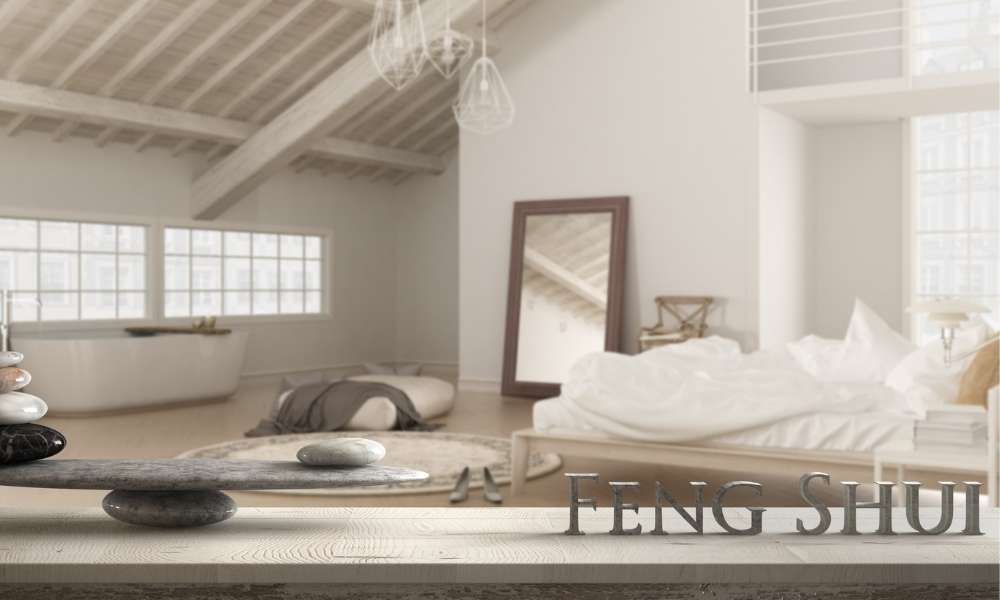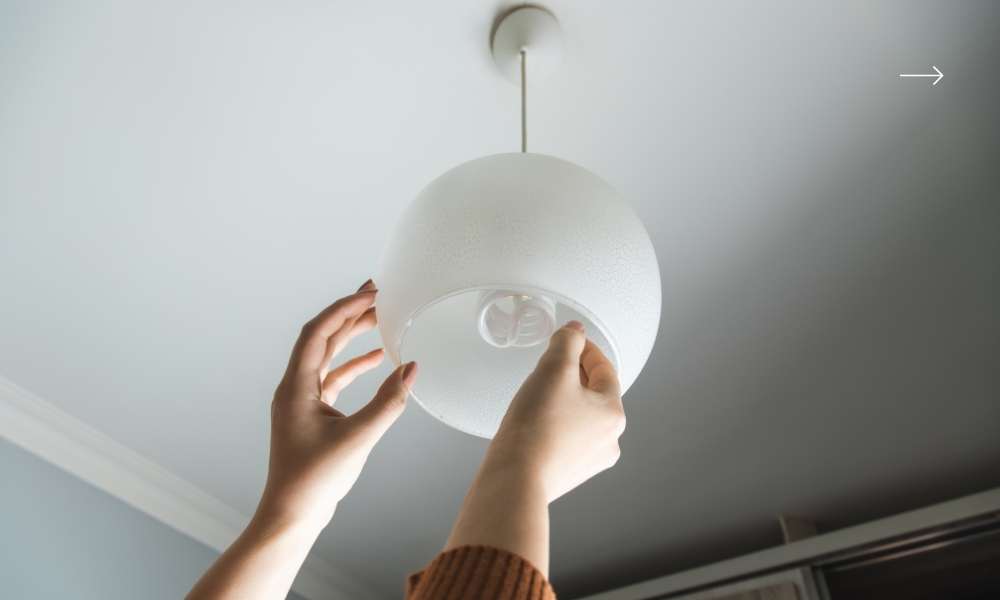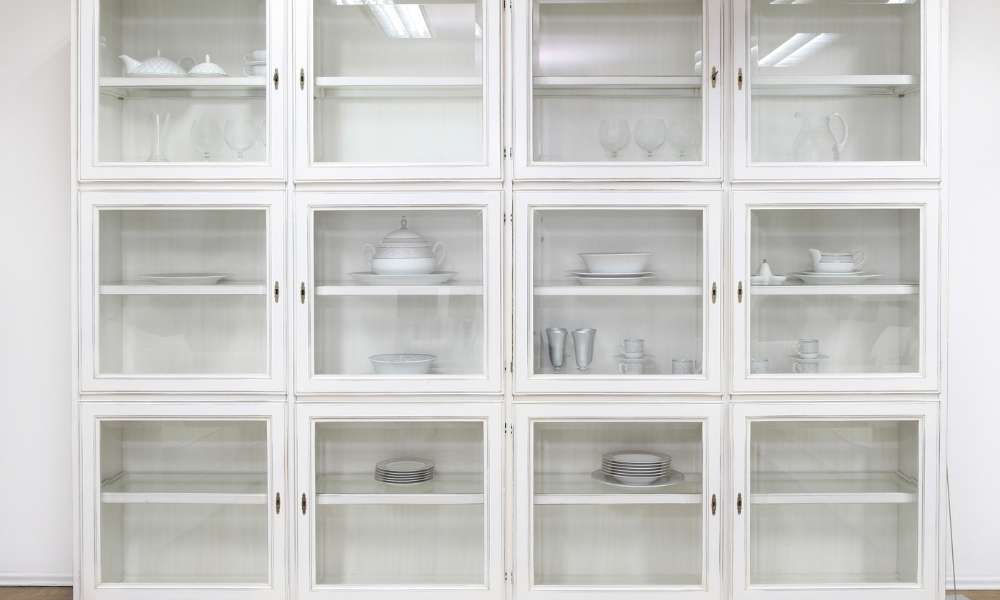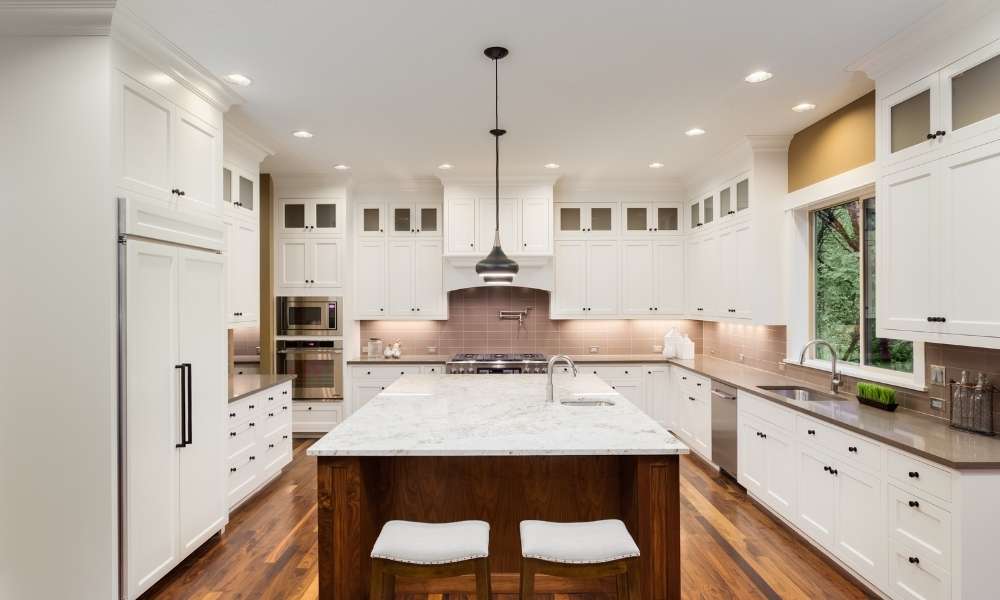Feng Shui is an ancient art that can be used to create balance and harmony in your life. You can use Feng Shui to improve your health, relationships, and finances. One of the most important areas of your life that you can use Feng Shui to improve is your bedroom. The bedroom is where you sleep and recharge your batteries, so it’s important to have a bedroom that is conducive to rest and relaxation. Here are a few tips for Feng Shui-ing your bedroom:
1. Keep the room clean and clutter-free. A cluttered room can lead to a cluttered mind, which will make it difficult to relax and fall asleep.
2. Make sure the bed is positioned in a way that promotes good health.
What is Feng Shui and how can it be used in the bedroom?
Feng Shui is an ancient Chinese practice that is used to create balance and harmony in one’s environment. It can be used in the bedroom to create a peaceful and relaxing space where you can get a good night’s sleep.
There are several things you can do to Feng Shui your bedroom. The first step is to declutter and organize your space. Get rid of any clutter or items that you don’t use anymore. This will help to create more positive energy in the room.
You should also make sure that your bed is positioned in the right spot. The head of the bed should be facing the door, and it should be positioned so that you can see the door from the bed. You should also have enough space on either side of the bed for moving around freely.
Bed positioning: how to position your bed for optimal Feng Shui.
There are many schools of thought when it comes to feng shui, and the best way to position your bed for optimal results may vary depending on who you talk to. However, there are some general tips that can be followed by most people.
The bed should never be positioned directly in front of the door, as this can create a feeling of being trapped or overwhelmed. It’s also important to avoid having the bed too close to the window, as this can allow energy (or chi) to flow out of the room.
Ideally, the bed should be positioned so that it is facing either north or east. This will help to ensure that good energy flows into and around the bed. If this is not possible, make sure that the headboard is facing the right direction.
Colors: which colors are best for your bedroom Feng Shui?
When it comes to colors, Feng Shui is all about the positive and negative energy that each color can bring. Different colors have different effects on your mood and emotions, so it’s important to choose the right colors for your bedroom.
According to Feng Shui, the best colors for a bedroom are blue, green, and purple. Blue is known to be calming and soothing, while green is said to be refreshing and uplifting. Purple is thought to be peaceful and relaxing.
However, you don’t have to stick strictly to these colors. If you prefer another color, just make sure that it has positive energy associated with it. Stay away from colors that are associated with negative emotions, such as red (which is associated with anger) or black (which is associated with sadness).
Furniture: what furniture should you have in your bedroom for good Feng Shui?
In order to Feng Shui your bedroom for the best results, you should have the following furniture: a bed, a nightstand, a dresser, and a chair. The bed is the most important piece of furniture in the bedroom, so make sure it’s not against a wall or in a corner. The head of the bed should be facing the door. If it’s against a wall, you can put a mirror on the wall behind the bed to create the illusion of space.
The nightstand should be on either side of the bed and should have a lamp on it so you can read in bed. The dresser should be opposite the bed and should be at least 60 inches wide so you can store all of your clothes. The chair can be placed anywhere in the room but should not face the door.
Accessories: what accessories can you use to improve your bedroom Feng Shui?
There are many accessories that you can use to improve your bedroom Feng Shui. One of the most important is your bed. The bed should be in a position where you can easily see the door, and it should be against a solid wall. You should also have room to walk on both sides of the bed. If possible, try to avoid having the bed facing a window.
Another important accessory is the headboard. The headboard should be at least as high as your shoulder when you’re lying in bed. It’s also important to have good quality pillows and a comfortable mattress.
You can also use accessories to improve the flow of energy in your bedroom. Items like crystals, plants, and fresh flowers can help to increase the positive energy in the room. You should also aim to keep your bedroom clutter-free and organized.
how to create the perfect bedroom for a good night’s sleep
A bedroom is a place for rest and relaxation. Creating the perfect bedroom for a good night’s sleep involves more than just adding a bed and some furniture. It’s important to consider the layout, colors, and accessories of the room in order to achieve the best results.
One of the most important things to consider when arranging your bedroom is the flow of energy. The bed should be placed so that you can easily access it from all sides, and it should be facing the door. If possible, avoid placing the bed under a window or in a corner.
The color of your walls can also help you get a good night’s sleep. Blue is said to be calming, while yellow can be energizing. You may want to experiment with different colors to see what works best for you.
how to use Feng Shui to create a relaxing and harmonious bedroom.
Most people would agree that a bedroom should be a place of relaxation and rest. Feng Shui can help you create a harmonious and restful bedroom using simple techniques. Here are a few tips to get started:
1. Keep the room clutter-free. This will help to create a sense of calm and order.
2. Make sure the bed is positioned in an auspicious location, such as facing the door or with the headboard against a solid wall.
3. Use soothing colors in the bedroom, such as pale blues or greens, to create a calming atmosphere.
4. Hang wind chimes or other objects that promote relaxation near the bed, such as in the corner of the room or above the headboard.
5. Place plants in the room to promote freshness and vitality.





